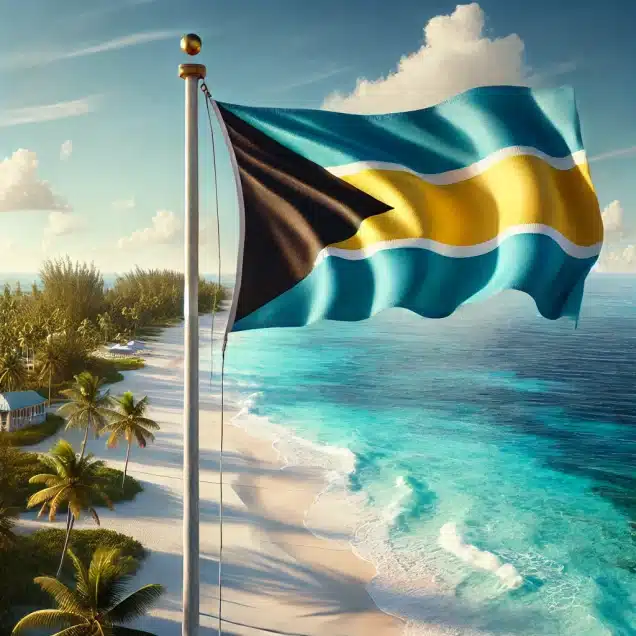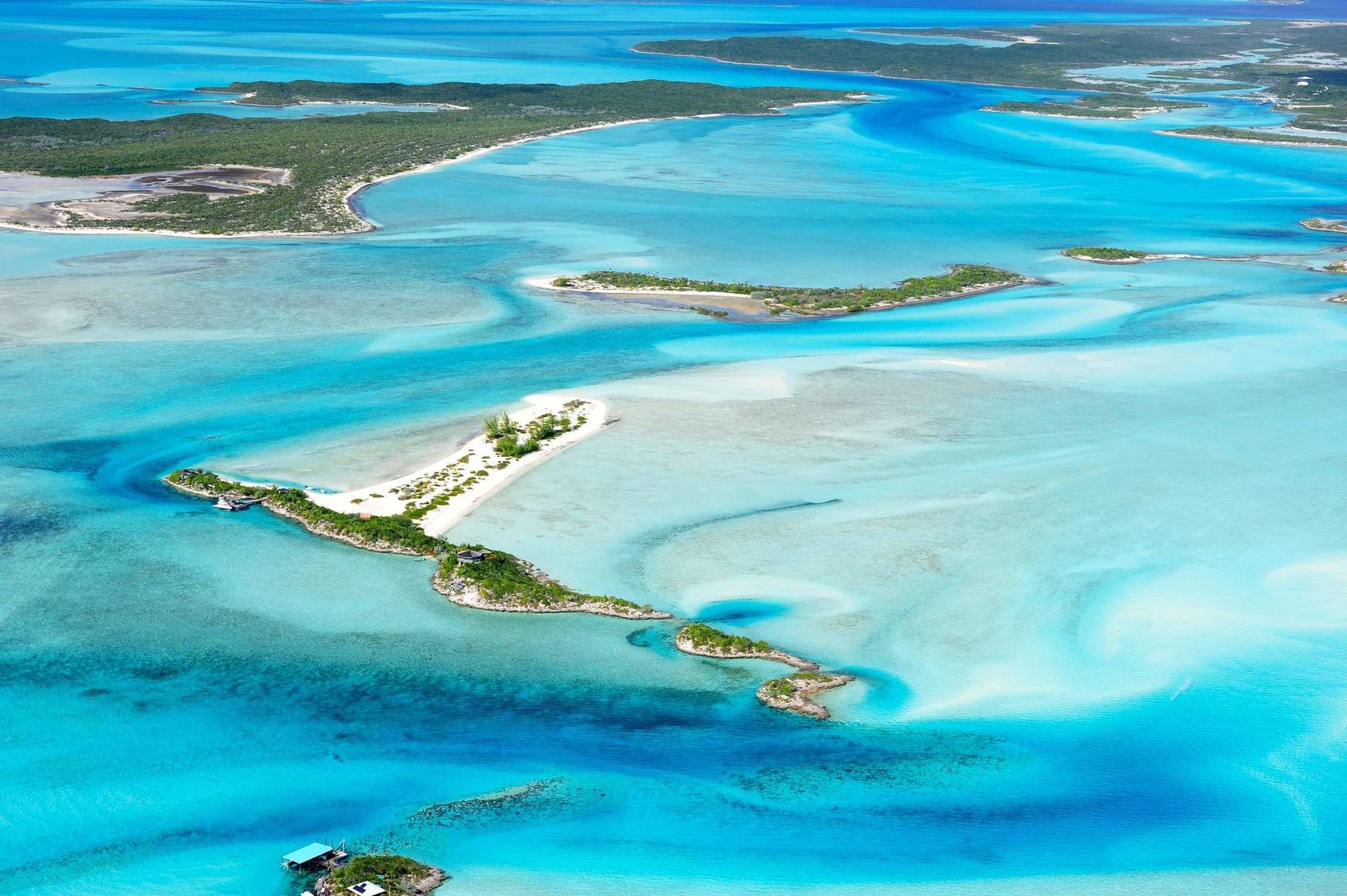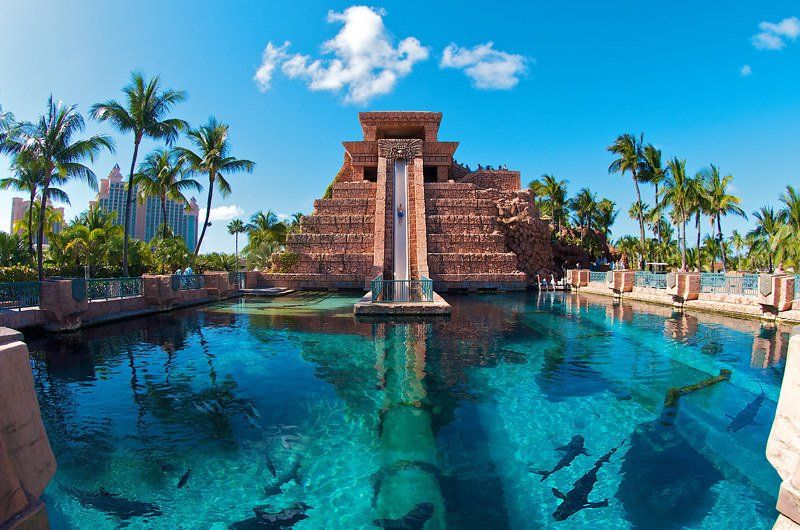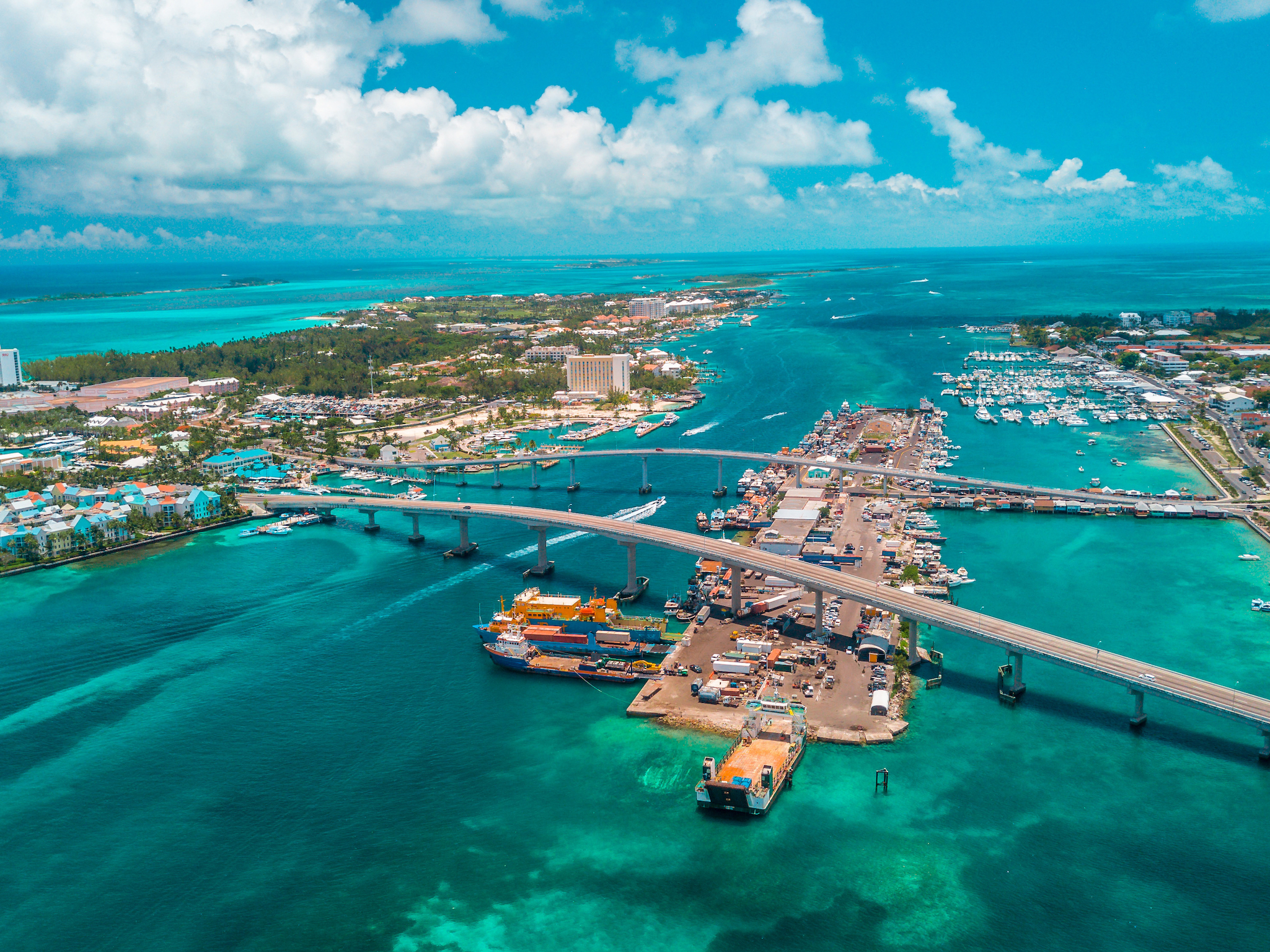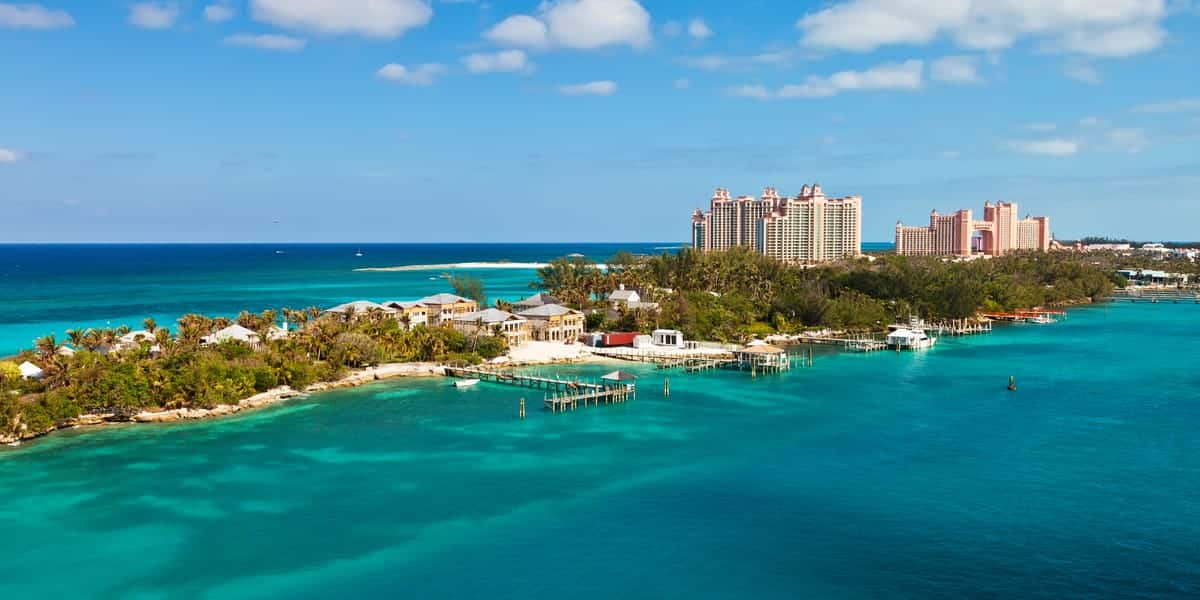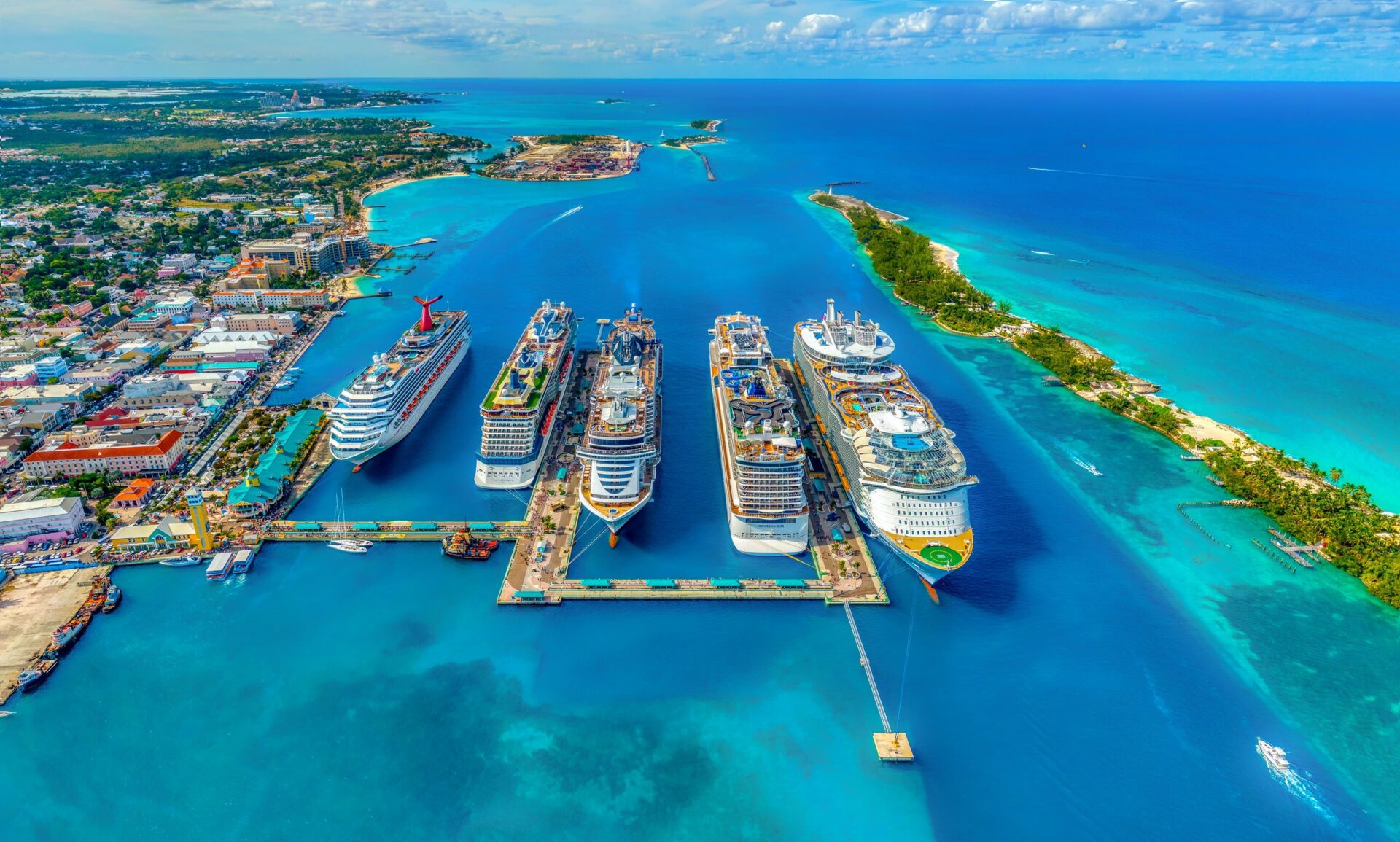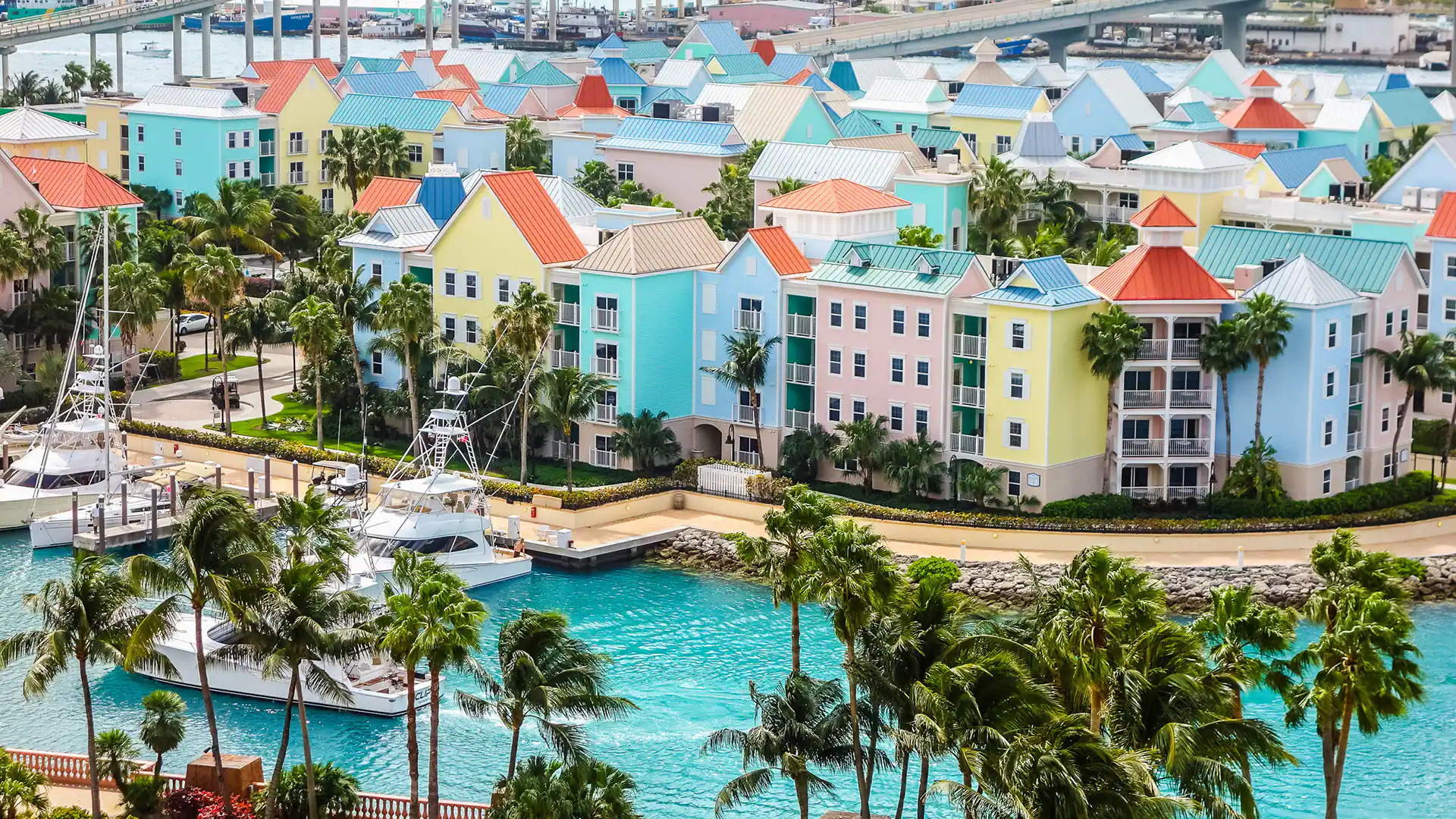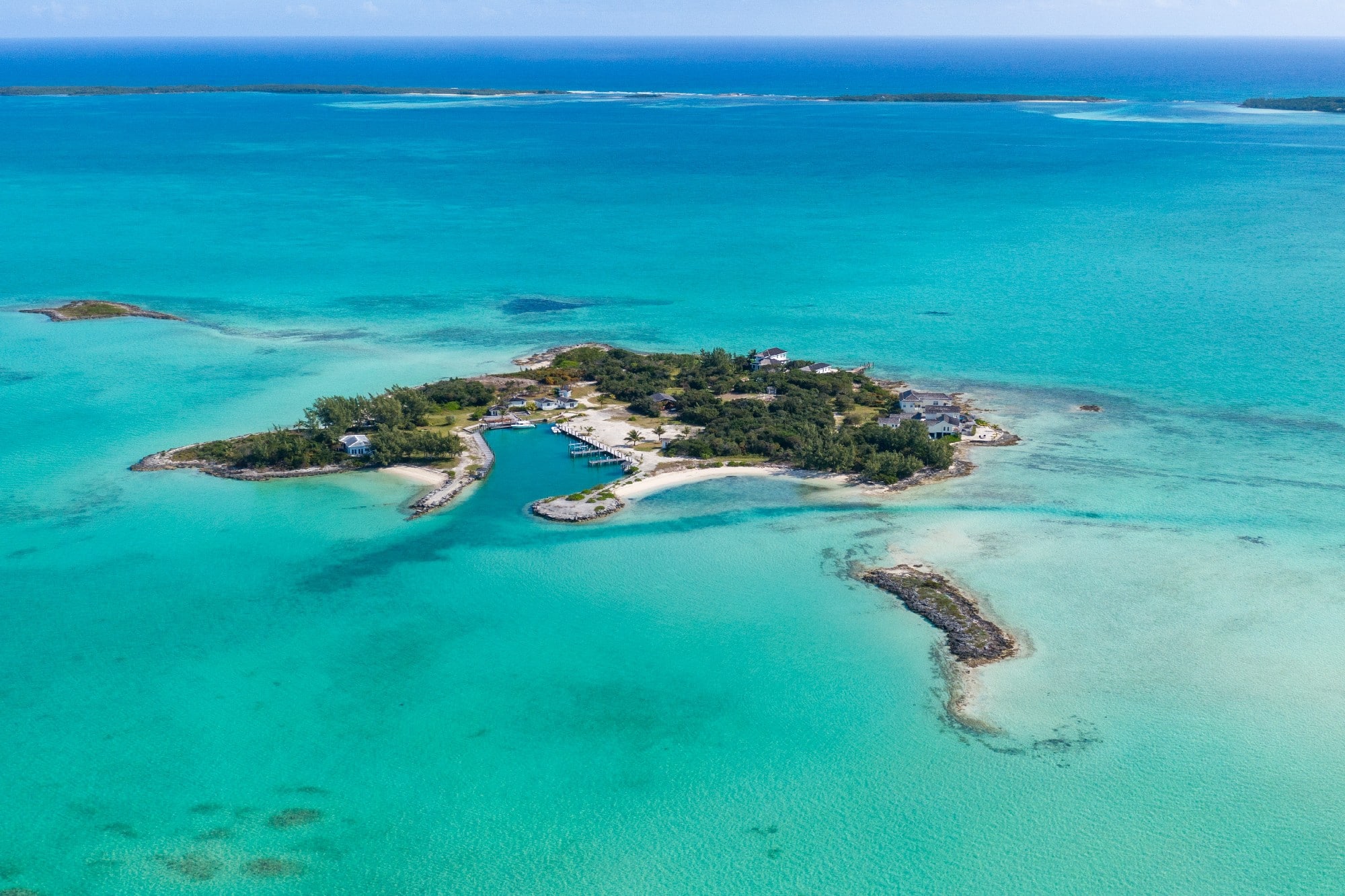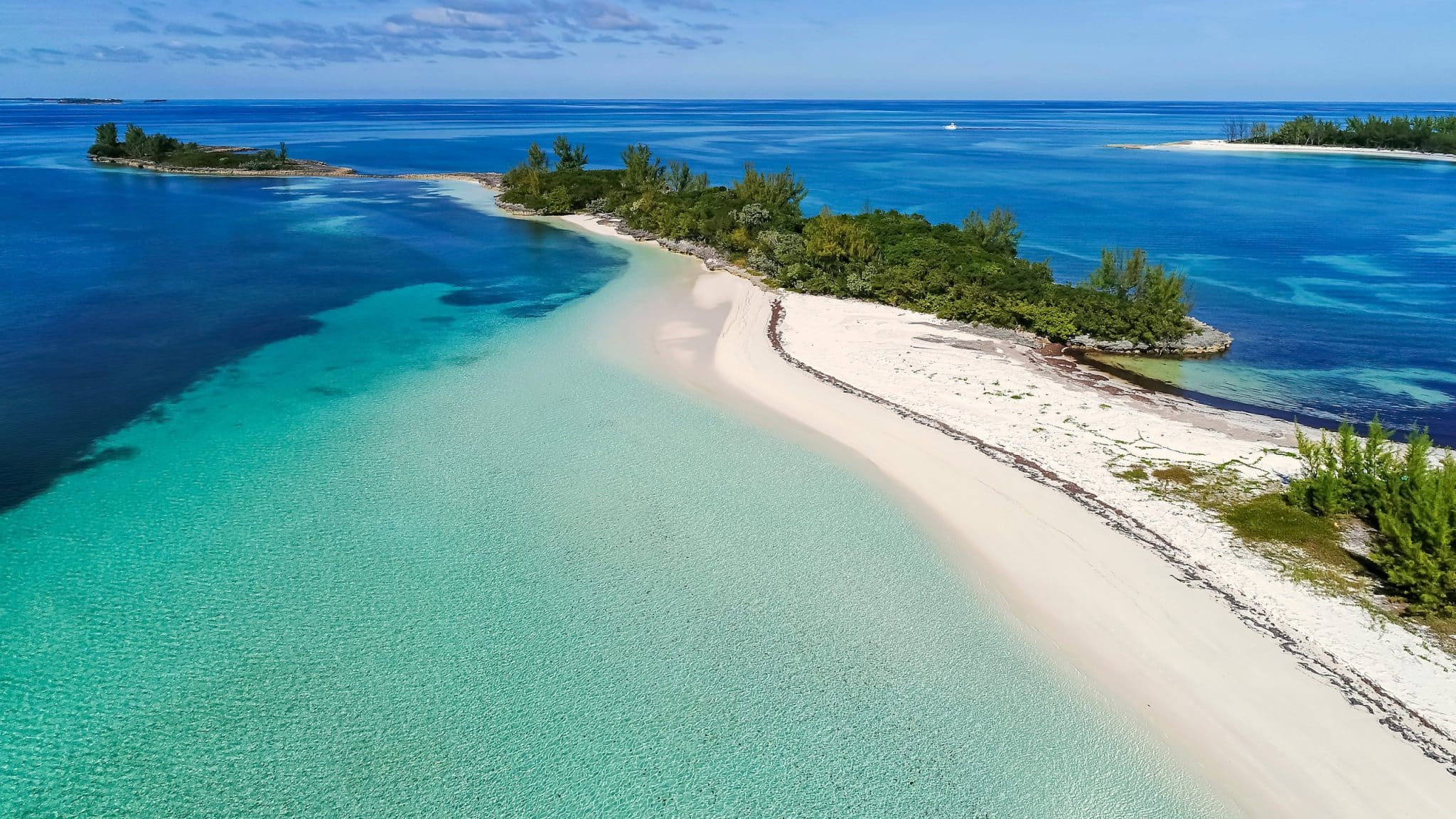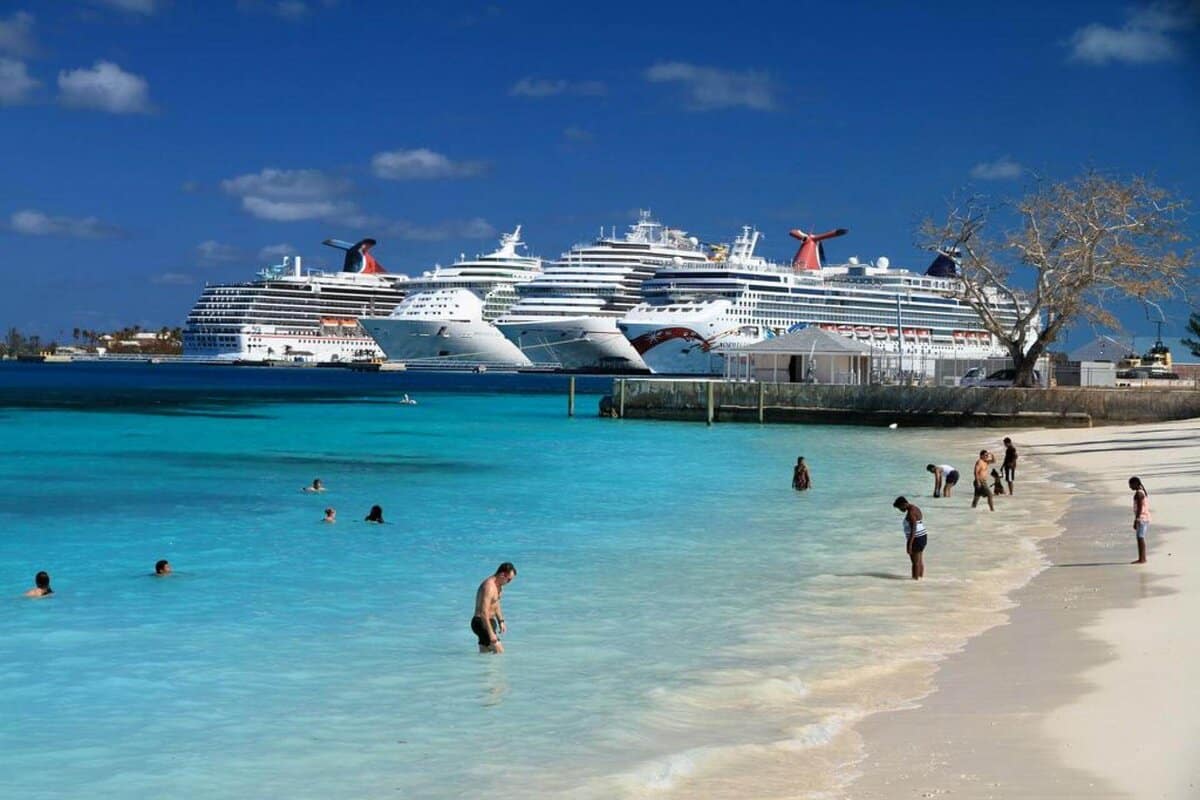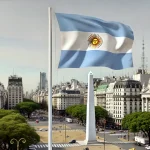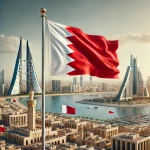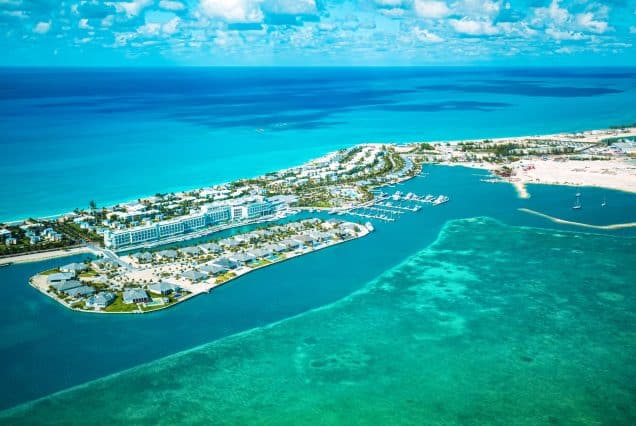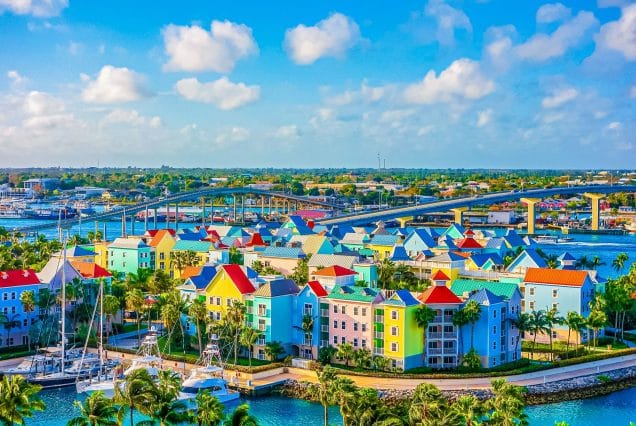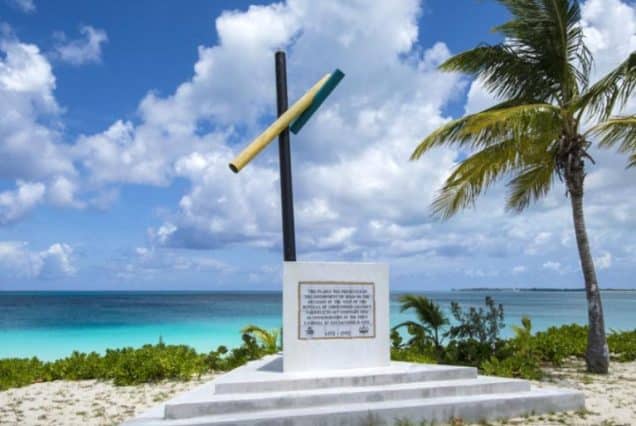

Discover Bahamas
Sights
Map
Info
The Bahamas is a stunning island destination known for its beautiful beaches, rich culture, and vibrant marine life. When planning a trip to the Bahamas, it’s important to understand the visa and passport requirements, transportation and accommodation options, as well as local dining and cultural norms. Additionally, being aware of the language, communication, and shopping practices will help ensure a smooth and enjoyable visit.
Visa and Passport Requirements
Visa-Free Travel: Citizens of many countries, including the U.S., Canada, and EU nations, do not need a visa for stays of up to 90 days.
Passport Validity: Your passport must be valid for at least six months beyond your stay in the Bahamas.
Visa Extensions: For longer stays, travelers can apply for an extension at Bahamian immigration offices.
Transportation
Taxis and Ride-Sharing: Taxis are widely available in Nassau and other tourist areas, while ride-sharing apps like Uber are not in use.
Domestic Flights: Traveling between islands is often easiest by domestic flights, with regular connections from Nassau to other islands.
Ferries and Boats: Ferries are a common way to travel between islands, offering scenic and affordable transport options.
Accommodation
Luxury Resorts: The Bahamas is known for its luxury resorts, particularly on Paradise Island and Exuma, offering all-inclusive amenities.
Boutique Hotels: For a more intimate experience, boutique hotels offer personalized services and unique island charm.
Vacation Rentals: Private vacation homes and villas are popular for families or groups seeking privacy and more space.
Dining
Local Cuisine: Bahamian food is a flavorful blend of seafood, spices, and tropical ingredients, with dishes like conch fritters and rock lobster.
International Cuisine: Nassau and major islands offer a range of international dining options, including Italian, Chinese, and American cuisine.
Street Food: Vendors selling local snacks, like fried fish and johnnycakes, can be found in markets and at festivals.
Cultural Considerations
Greeting Customs: A friendly “Good Morning” or “Good Afternoon” is a common greeting, and politeness is highly valued in Bahamian culture.
Religious Sensitivity: The Bahamas is predominantly Christian, and modest attire is recommended when visiting churches or religious sites.
Tipping: Tipping is customary, with 15% being standard in restaurants, hotels, and for taxis.
Language
English: English is the official language, and communication is easy for most travelers.
Creole Influence: While English is widely spoken, you may encounter Bahamian Creole, especially in informal settings.
Technology and Communication
Wi-Fi Access: Free Wi-Fi is available in most hotels, cafes, and public areas in tourist regions, though speeds may vary.
Local SIM Cards: Purchasing a local SIM card with a data plan is easy and affordable, ensuring reliable communication during your trip.
Shopping and Payment
Credit Cards and Cash: Credit cards are widely accepted in larger hotels, restaurants, and stores, but it’s advisable to carry cash for smaller purchases.
Local Products: Popular souvenirs include Bahamian crafts, straw goods, and locally made jewelry.
ATMs: ATMs are available in major areas, providing easy access to Bahamian dollars.

